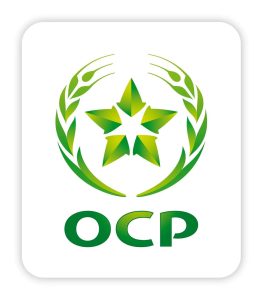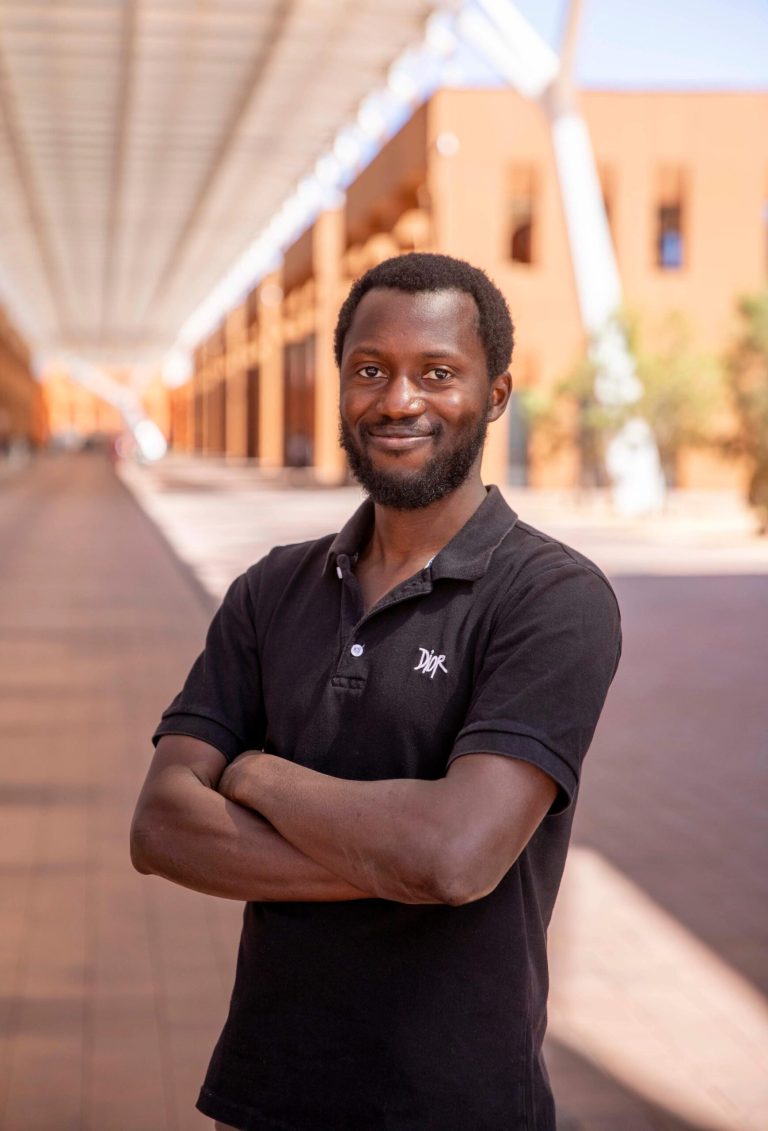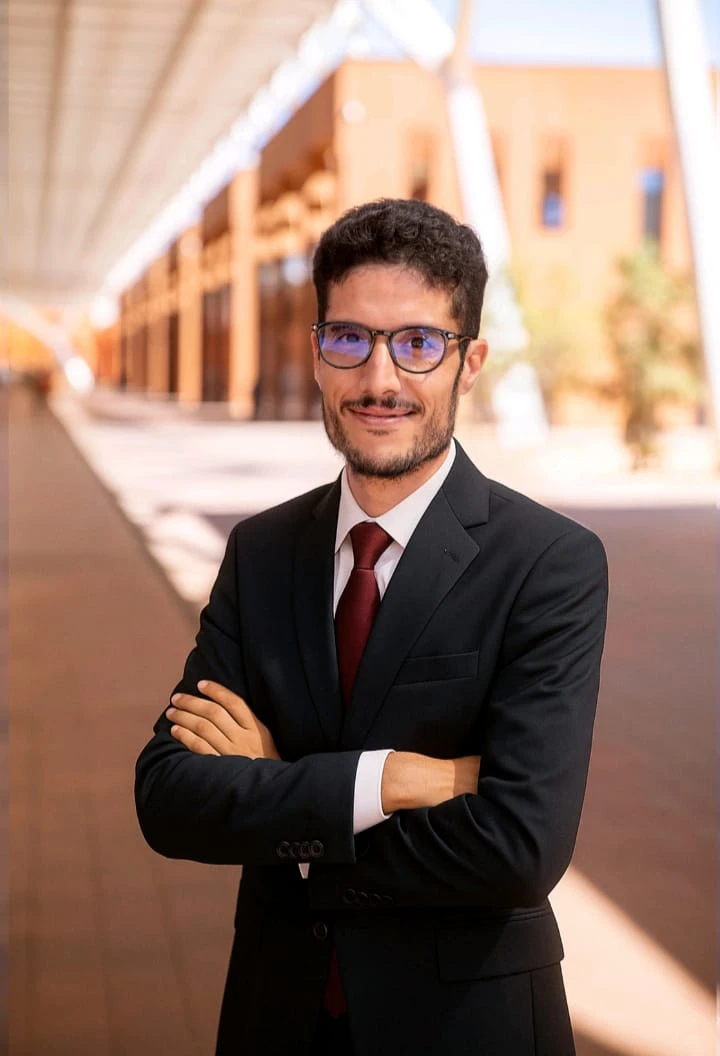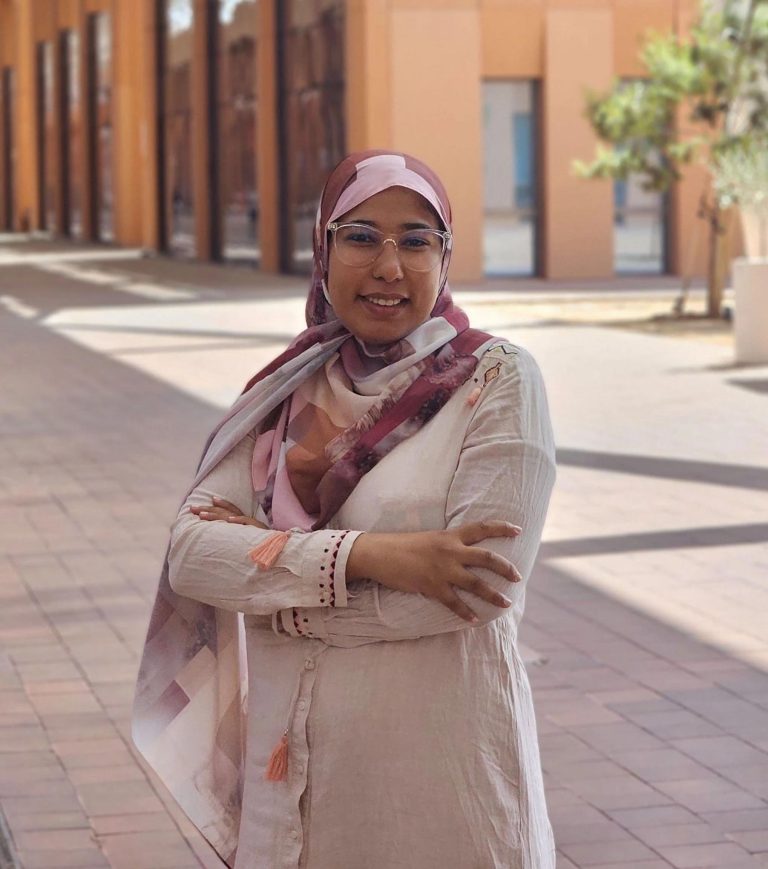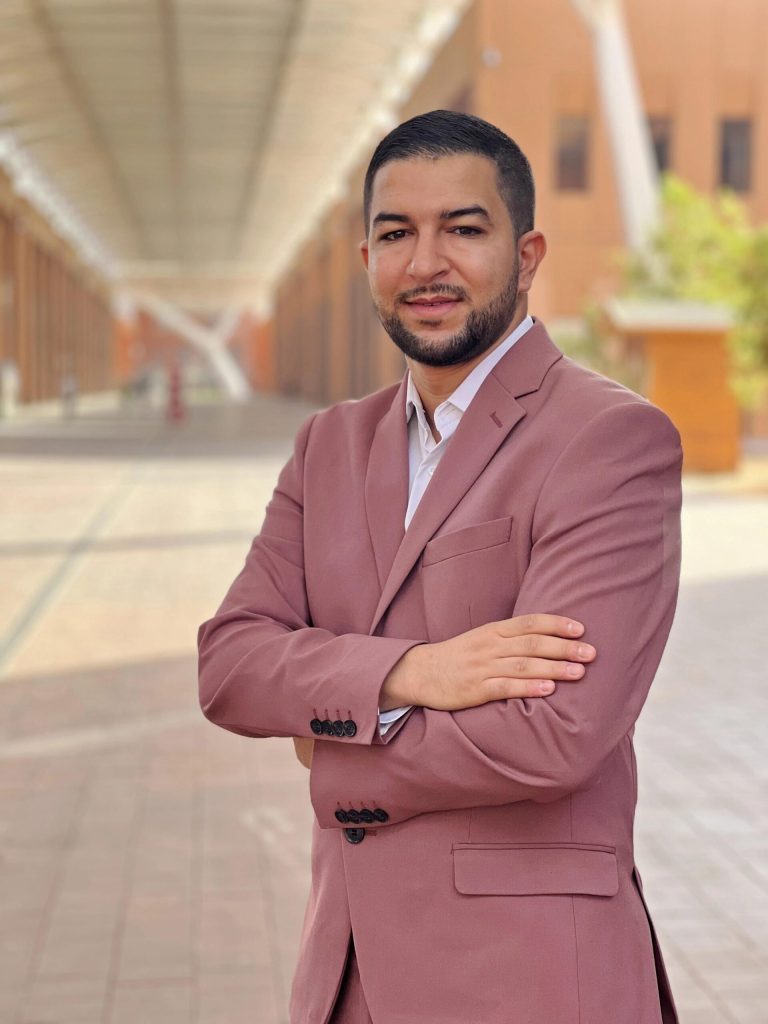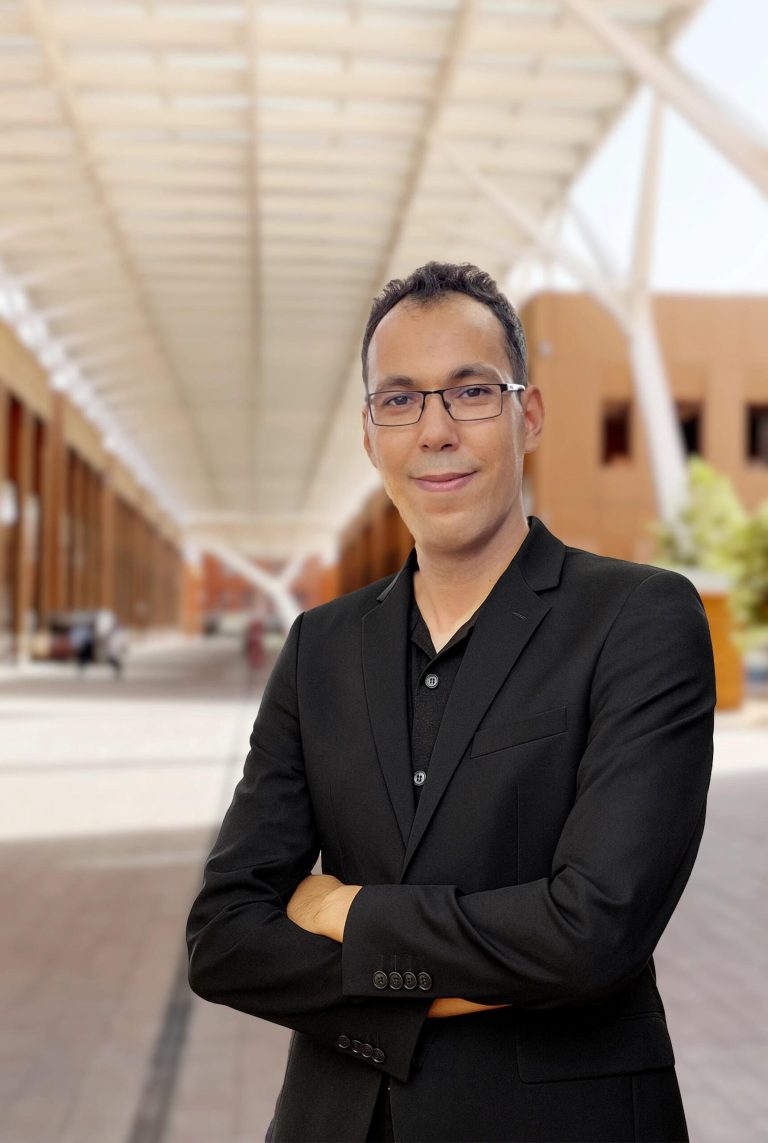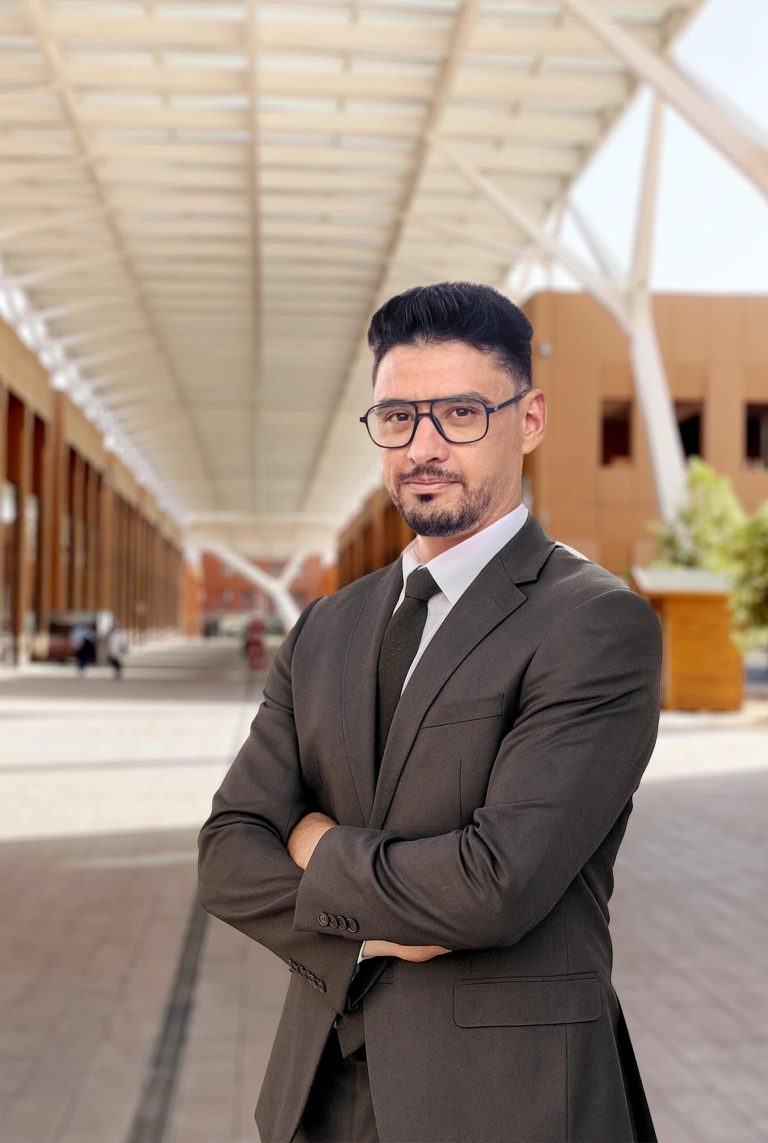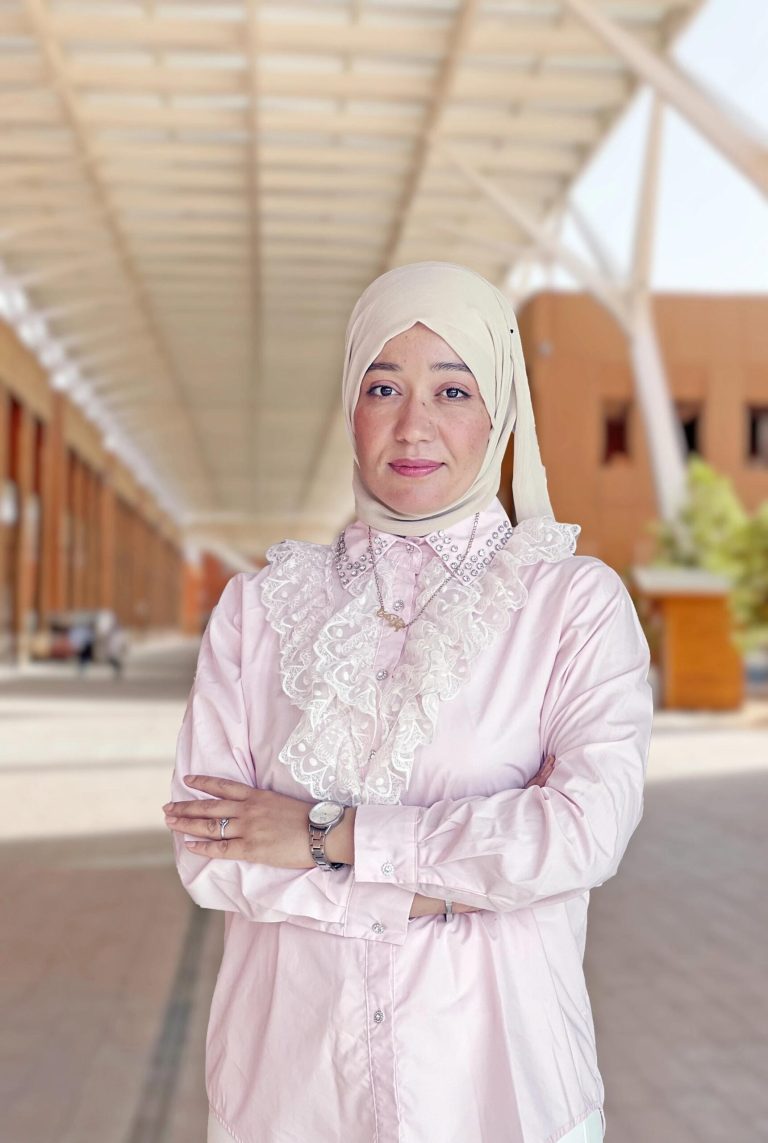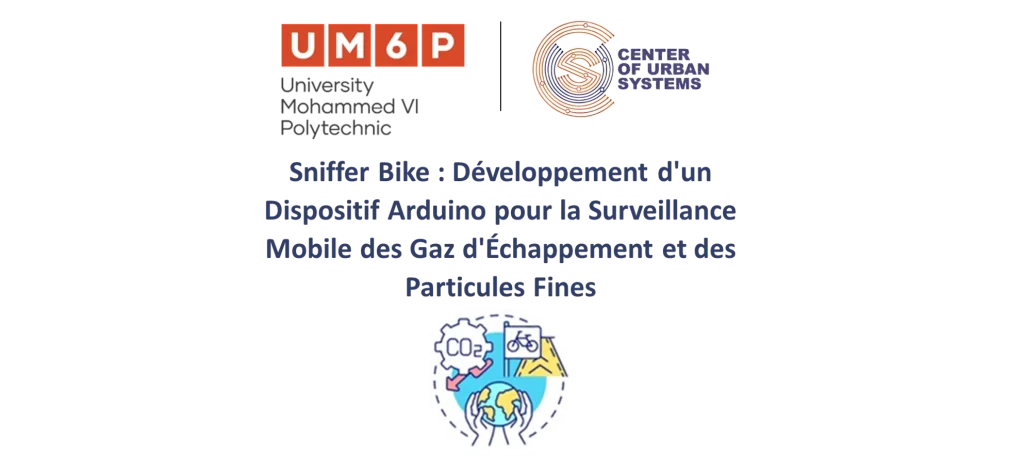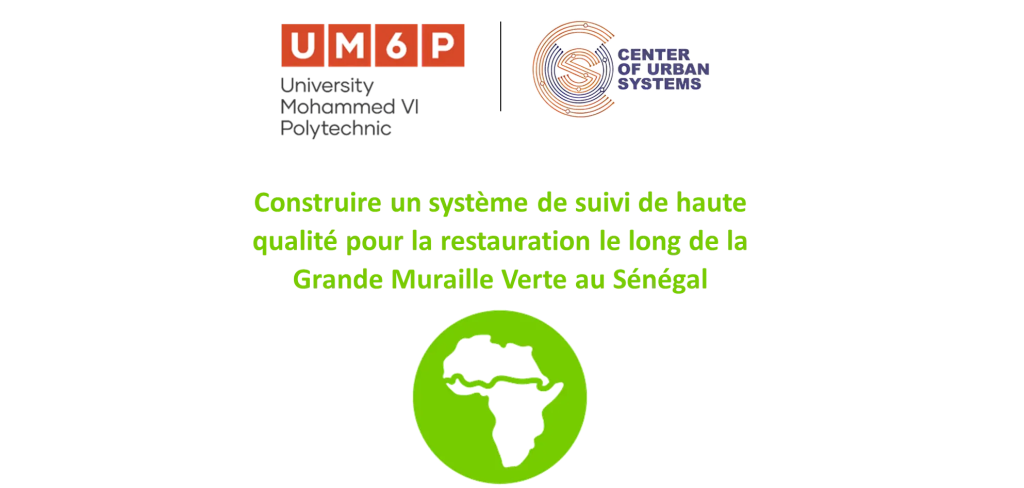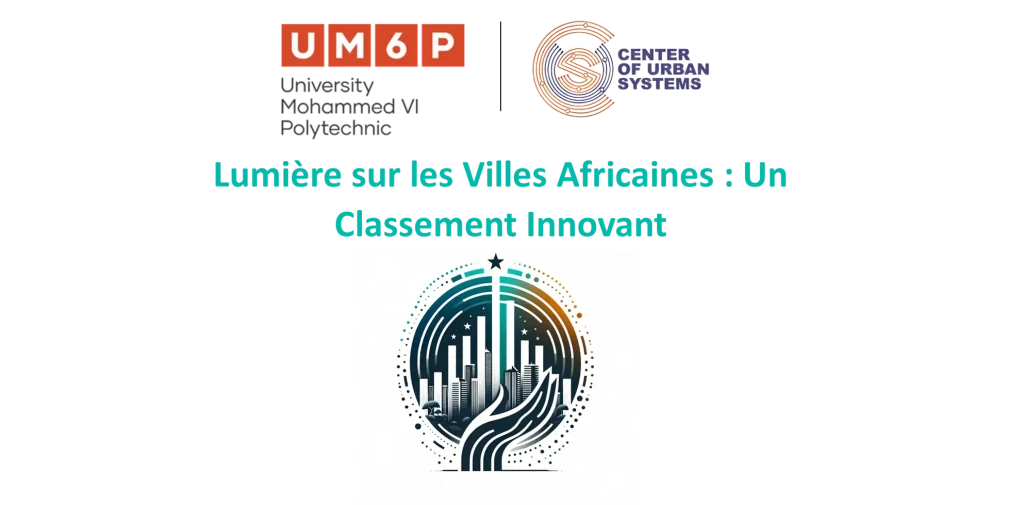ACL-CUS UM6P-Advisory Committees for Smart Cities and Sustainable Cities
Publication Date : 12 Sep,2024 Context This committee is part of a larger dynamic aimed at the development of smart cities in
ACL-CUS UM6P – Masterclass for Mayors of Francophone Africa
Publication Date : 09 Nov,2024 The first edition of the Mayors’ Masterclass of Francophone Africa, organized by the Center of Urban Systems
ACL-CUS UM6P – Marrakech-Advisory Committees for Smart Cities and Sustainable Cities
Publication Date : 26 Sep,2024 Context This committee is part of a larger dynamic aimed at the development of smart cities in
Executive Master’s in Smart Cities Strategies in Africa
Duration : 09 Apr,2025 – 30 Apr,2025 Publication Date : 03 Jan,2025 The Executive Master’s in Smart Cities Strategies in Africa is a hybrid continuing education
Join the Center of Urban Systems and be part of shaping the cities of tomorrow smart, resilient, and sustainable at the heart of innovation and sustainable development.
Join the Center of Urban Systems and be part of shaping the cities of tomorrow smart, resilient, and sustainable at
Global context & challenges
Over the next two decades, Africa (particularly sub-Saharan Africa) will experience a very strong demographic surge, which should correspond to more than 860 million new city dwellers. The population and surface area of cities will double in one generation. This represents a major challenge, both spatially and socially. While urbanization is a global trend, the challenges will be greatest on the African continent.
In addition, a new urban revolution - the digital revolution - is profoundly transforming the way we manage and design cities. It offers new opportunities (new types of data (perception, real time, opinions, ideas) and a new quantity of data (big urban data). For example, over 90% of the world's data has been produced in the last 2 years.
About
About
Objectives
- Change the angle of view of urban studies research in Africa, i.e., resolutely position research in the digital, data, and quantitative fields, but with a societal viewpoint, which gives it added value compared to other research on the continent and in the discipline of urban studies.
- To test new methods and put big data at the centre of reflections on the resolution of complex urban problems, and thus gain visibility through innovative methods.
- Position on the polytechnic vision as a central element of the centre.
- CUS’s objectives include training future urban players, reflecting on cities in Morocco and Africa, and promoting excellence in urban systems engineering.
Mission
CUS is a center dedicated to research, education, and innovation in urban science. It uses Living Labs as a research and classroom environment to train future urban leaders and find innovative solutions to complex urban problems. CUS focuses on four pillars: research, education, expertise, and innovation, all aimed at improving urban management and citizen well-being.
CUS transforms data collected by Living Labs to make them sustainable, viable, supportive, and cost-effective.
CUS will train the next generation of urban systems engineers.
Vision
CUS aims to become a leader in education, research, and innovation in urban science, using Living Labs to train future urban leaders and find innovative solutions to complex urban problems. The CUS seeks to improve urban management and citizen well-being by transforming data collected by the Living Labs to make them sustainable, viable, supportive, and cost-effective. It will also strive to train the next generation of urban systems engineers, stimulate thinking about Morocco and Africa’s cities, and promote excellence in urban systems engineering. To achieve these goals, CUS must create an ecosystem for a school of urban systems, train future teachers, and position itself on the international stage.
Our vision integrates theory, project management, expertise, and innovation, focusing on the contemporary challenges of urban development. This integration not only encompasses urban innovation but also extends to innovative approaches in teaching, thus aligning with the digital, data-driven, and quantitative focus of urban studies research in Africa.
Our Team
Our Team Members
CUS Growth
CUS Growth
All key factors for our projects in CUS
5+
Projects
3+
Programs
4+
our team
55+
Papers
Our project
Some of our Recent Projects
Partnerships
our partners



